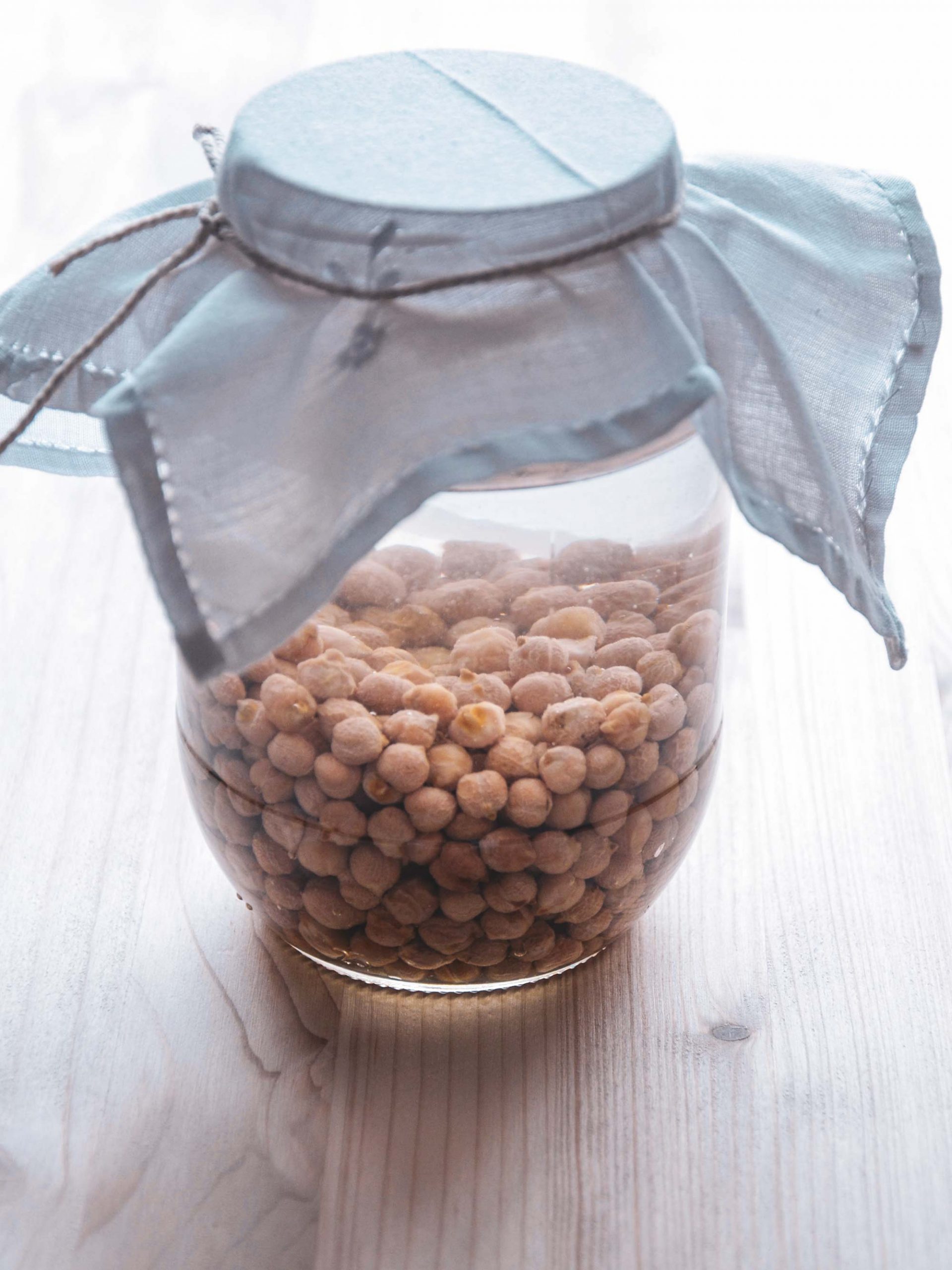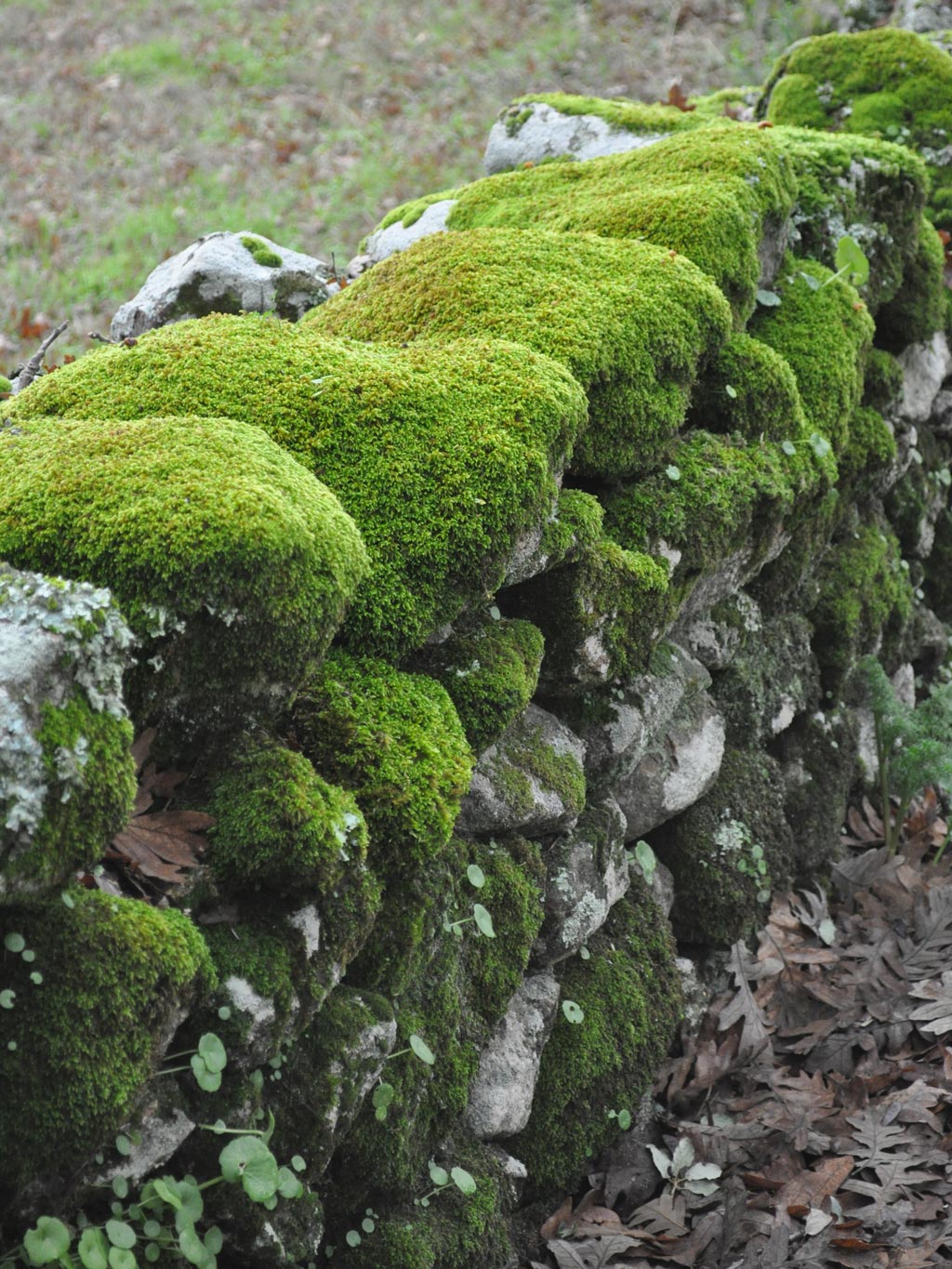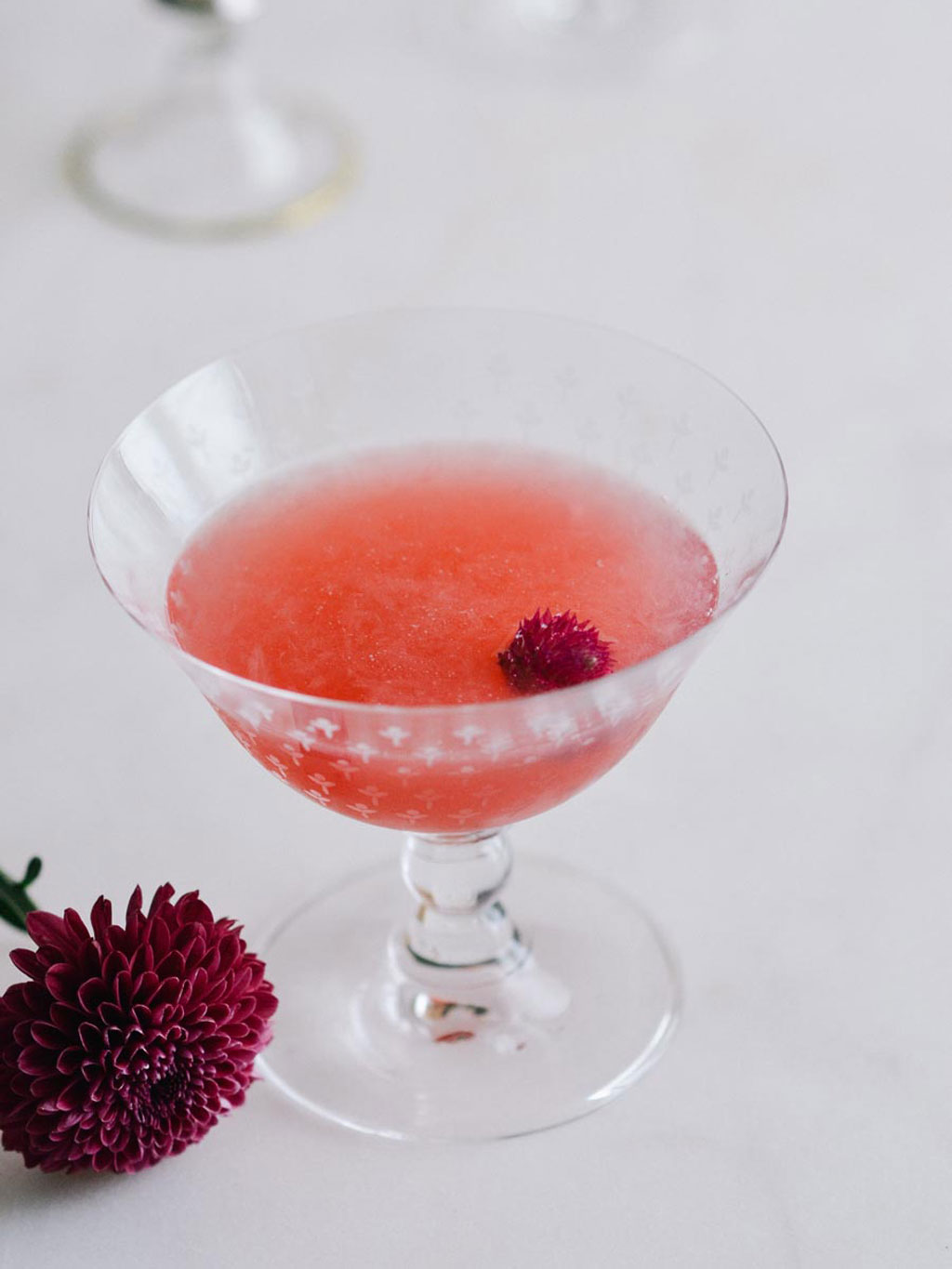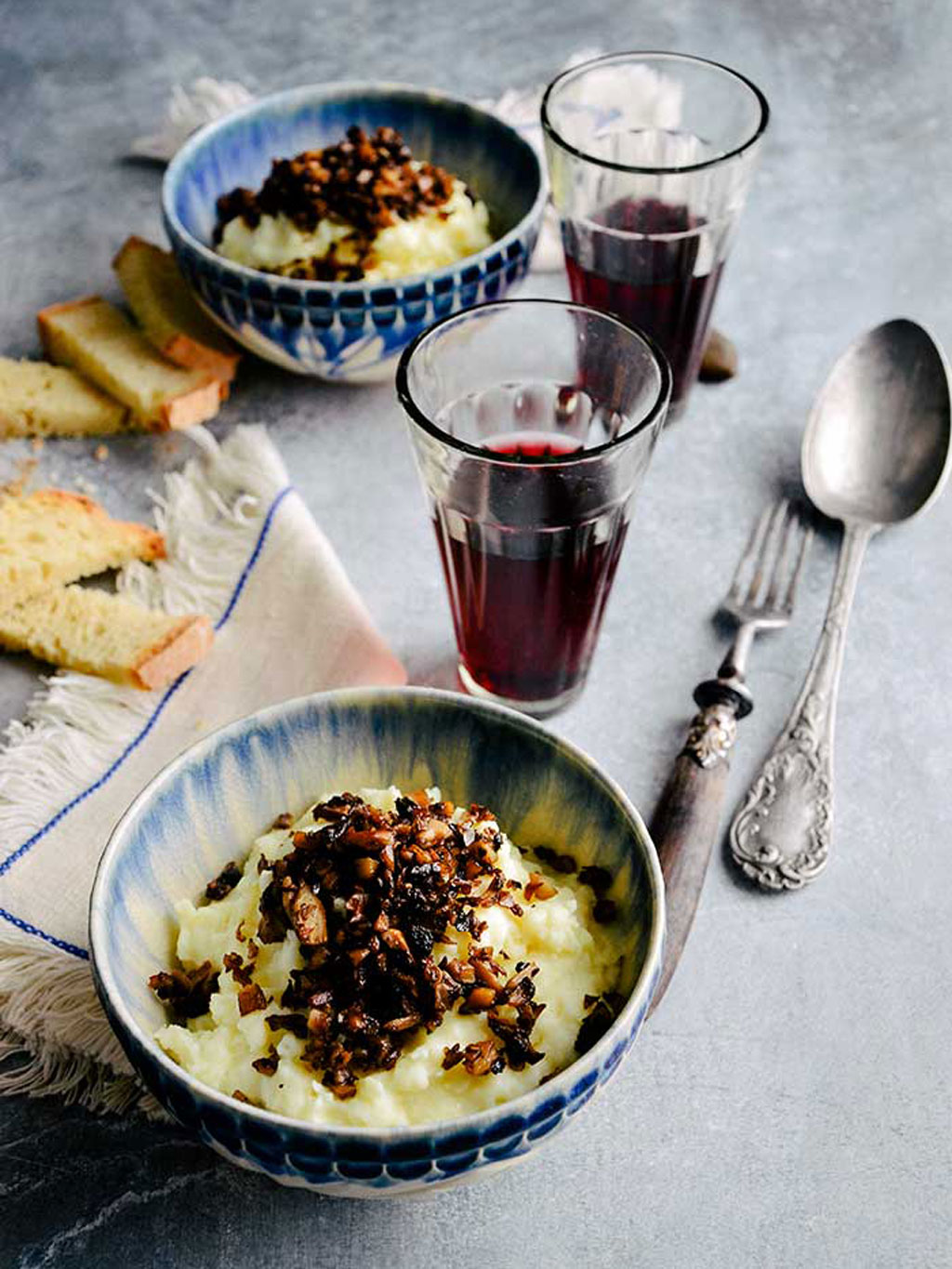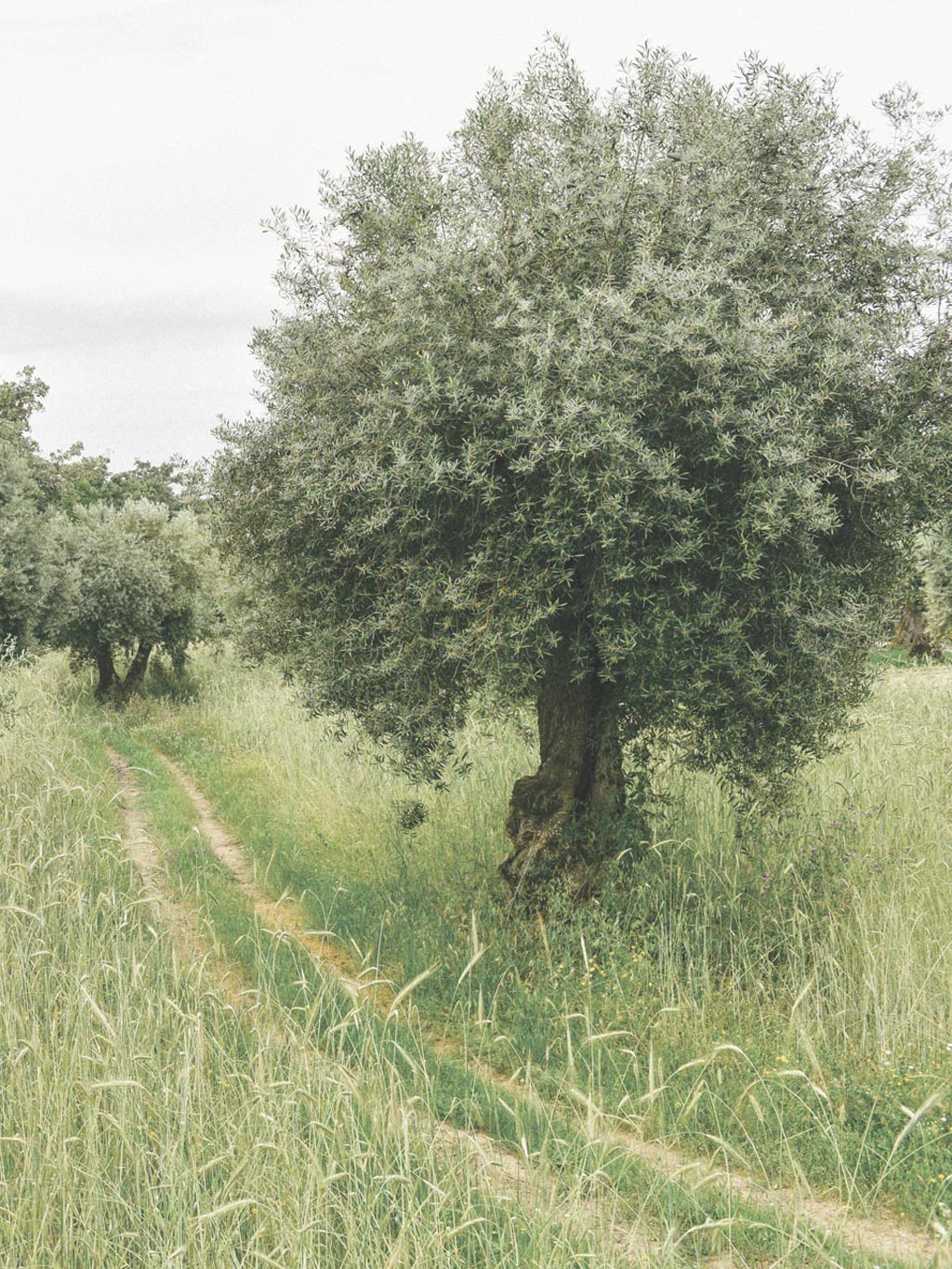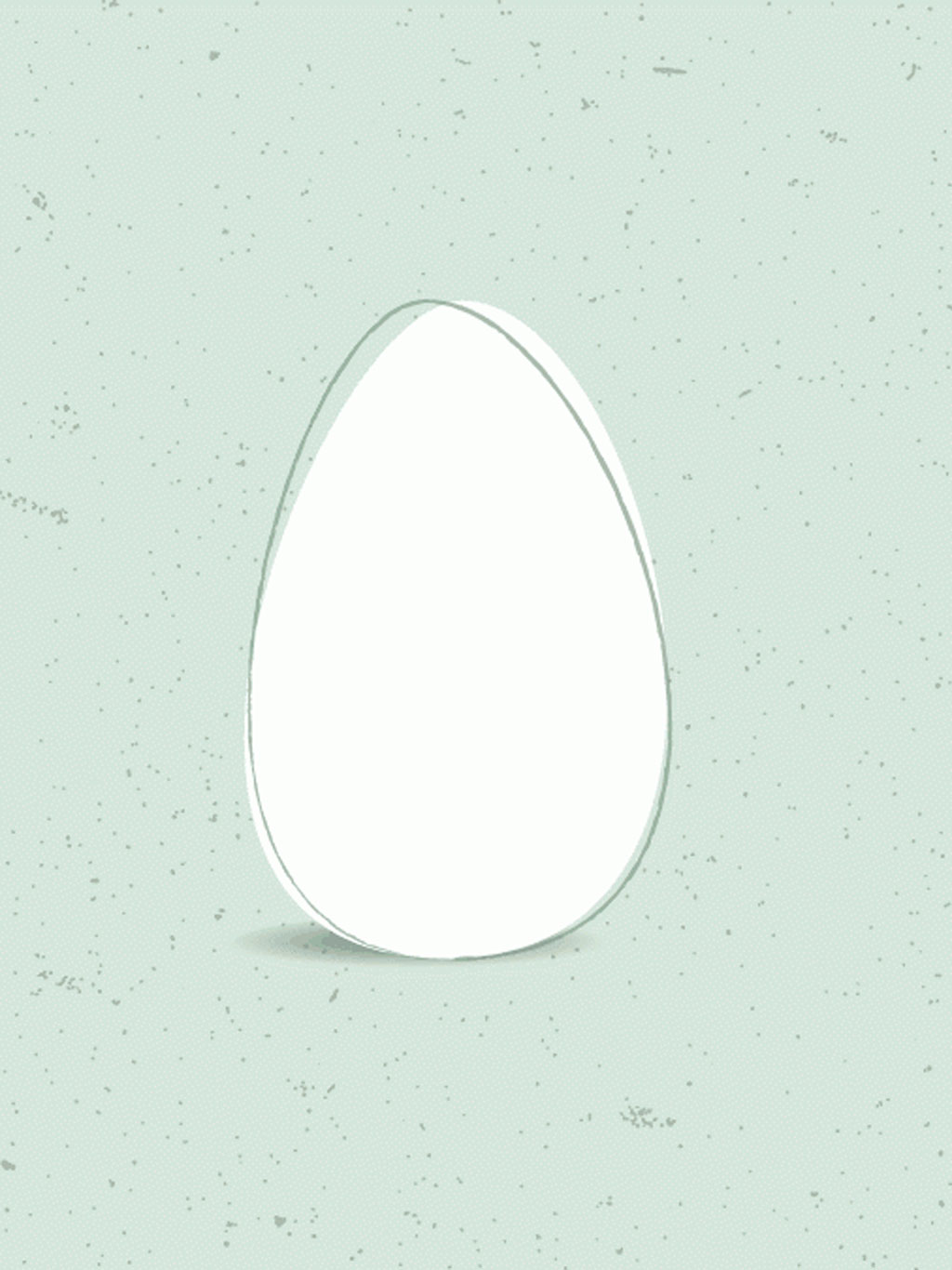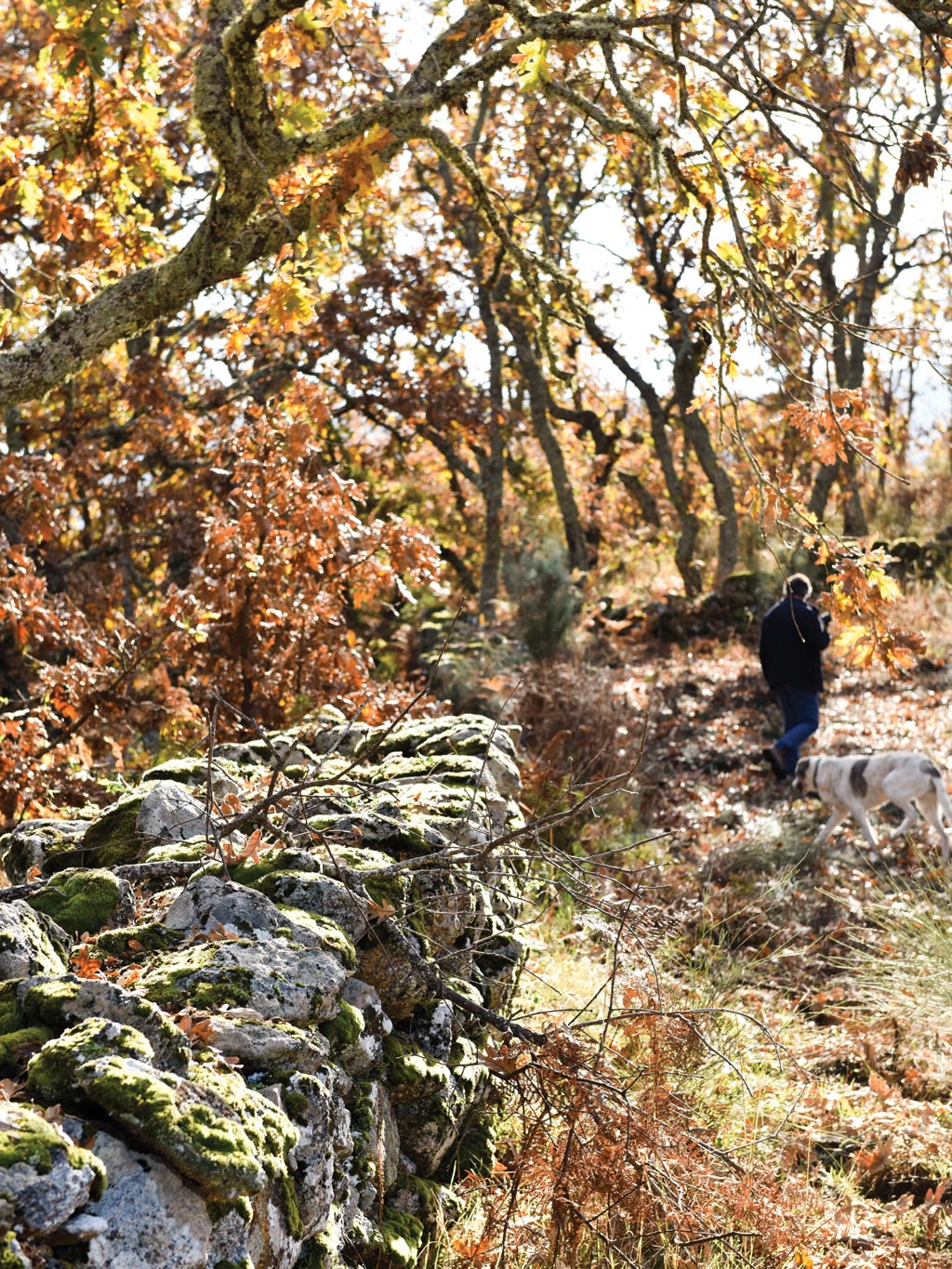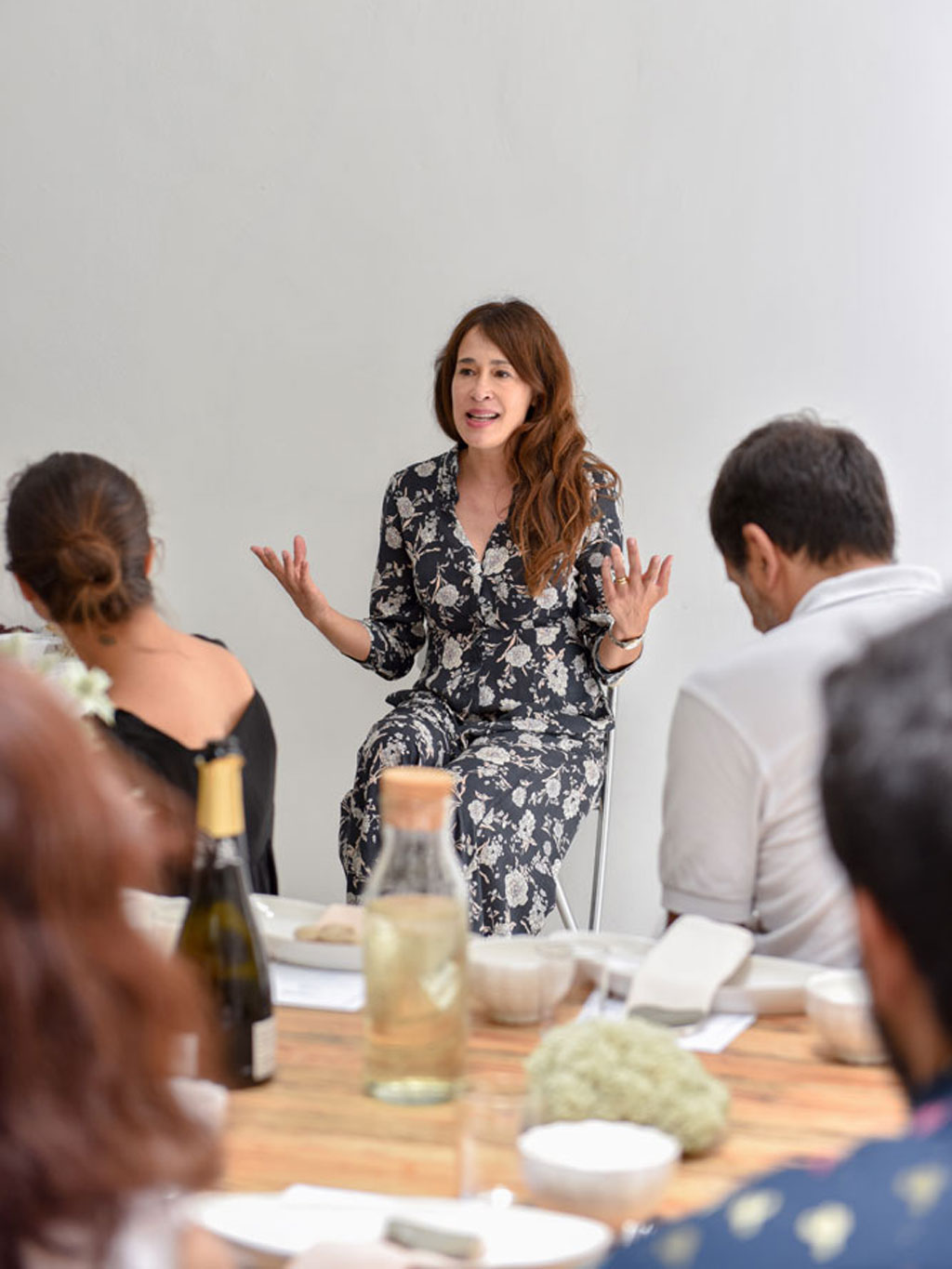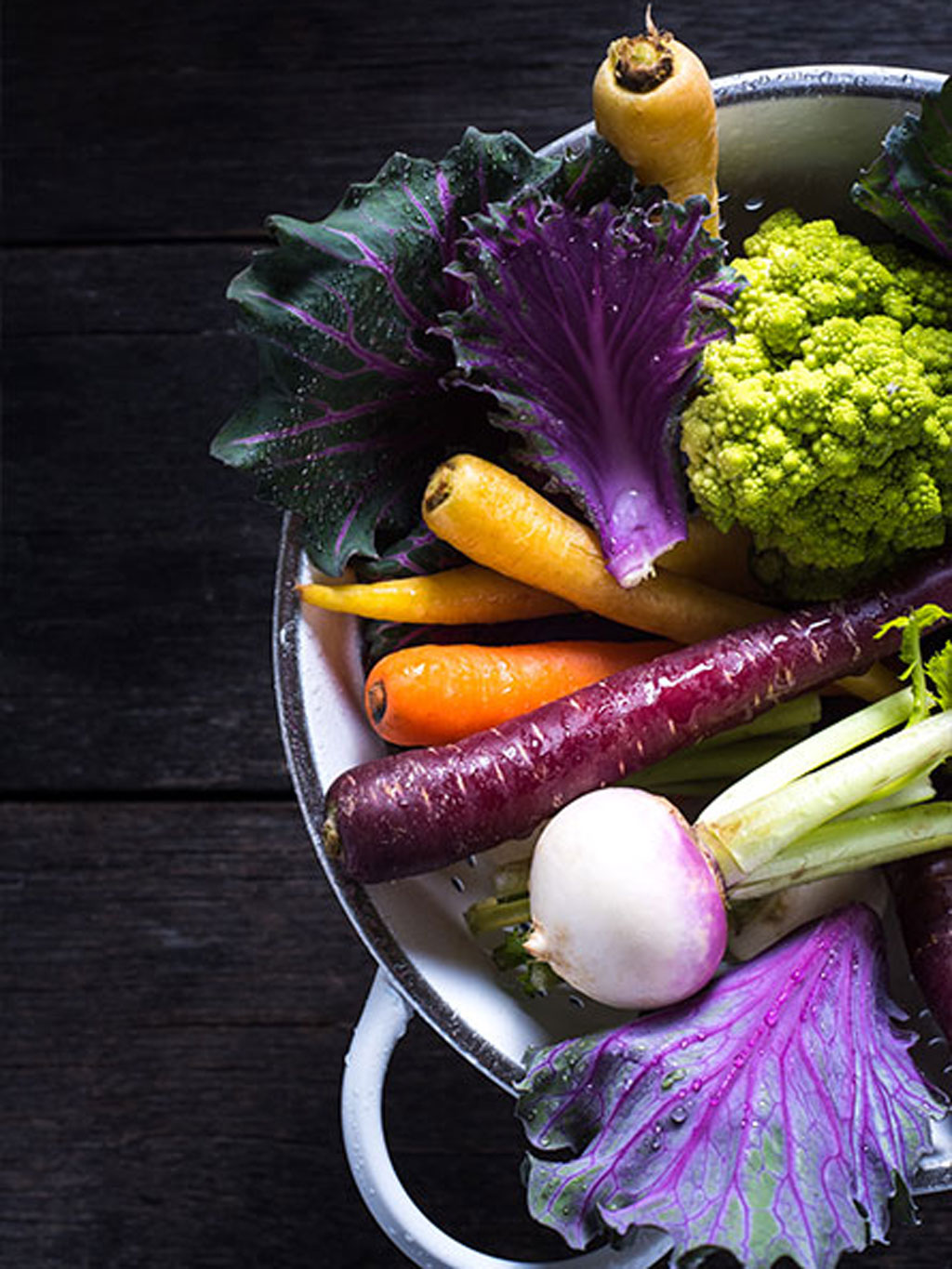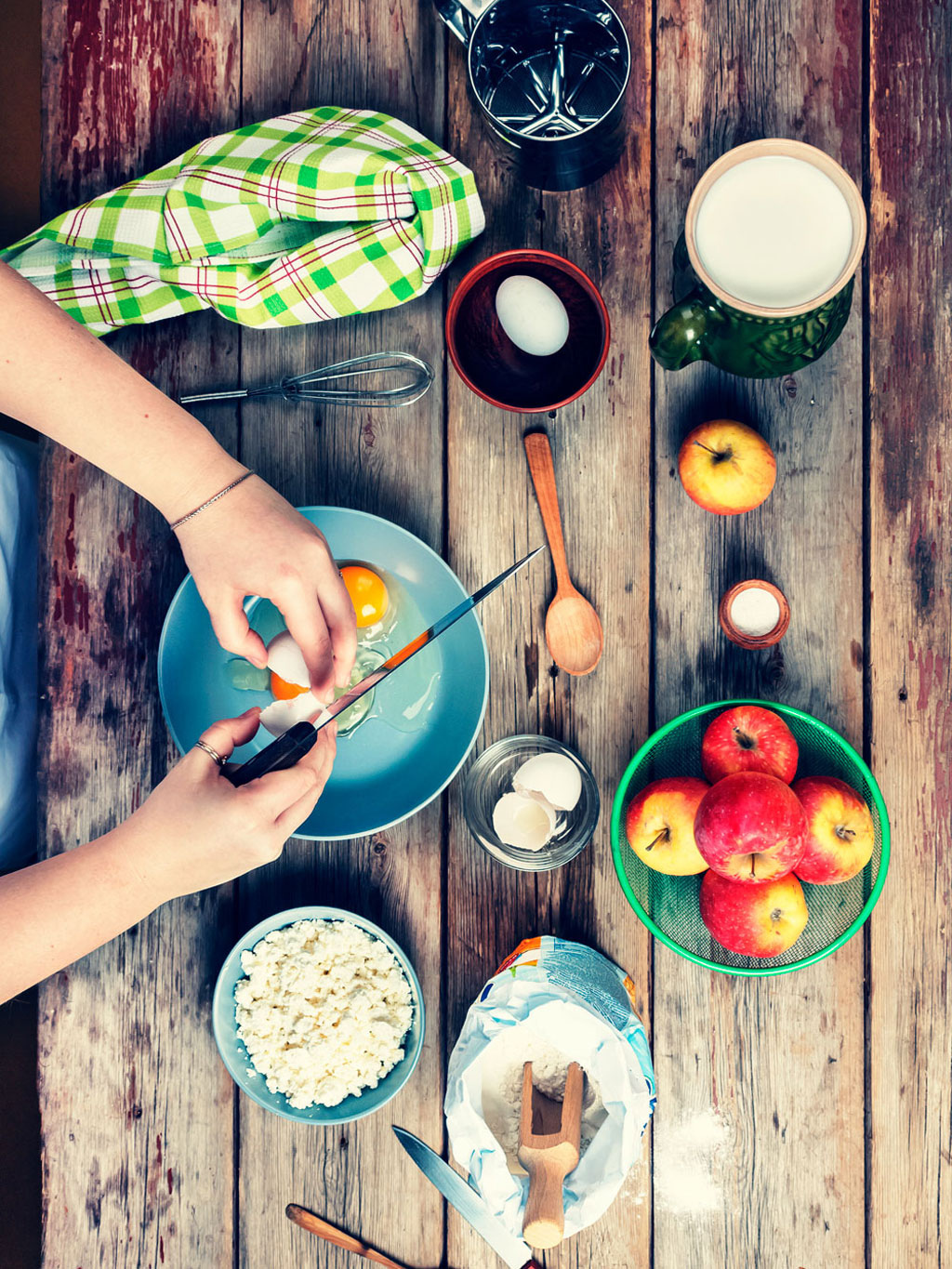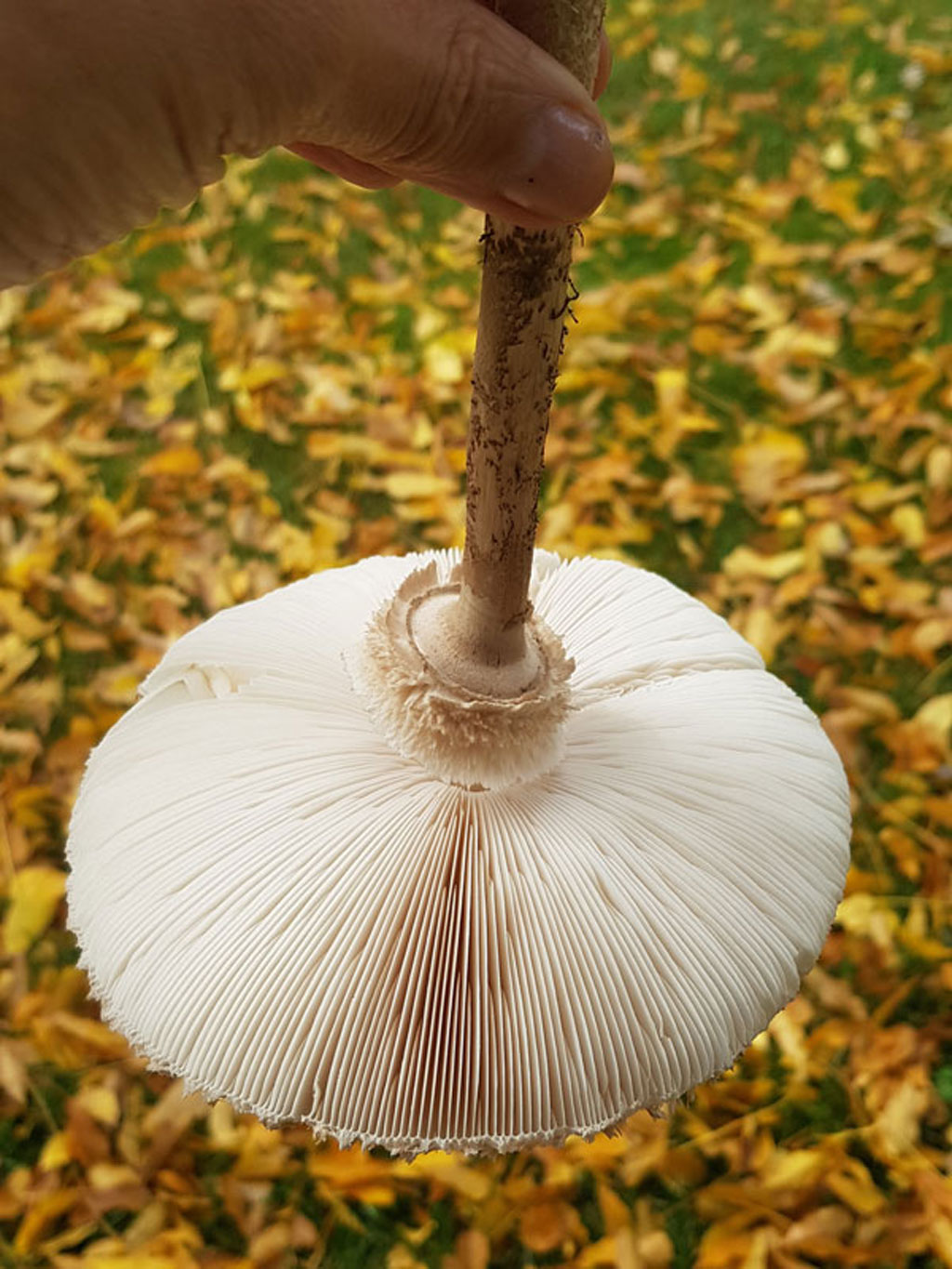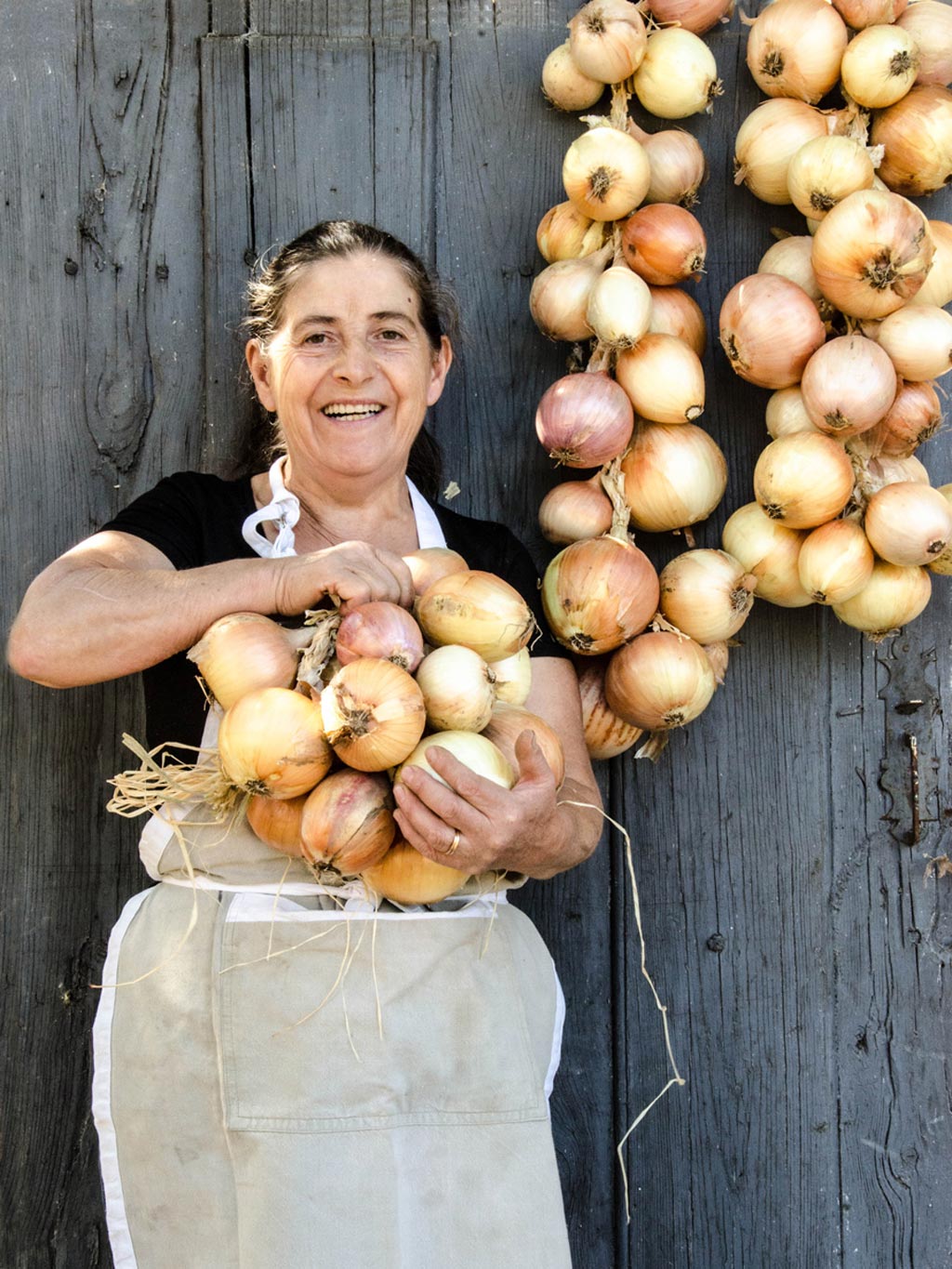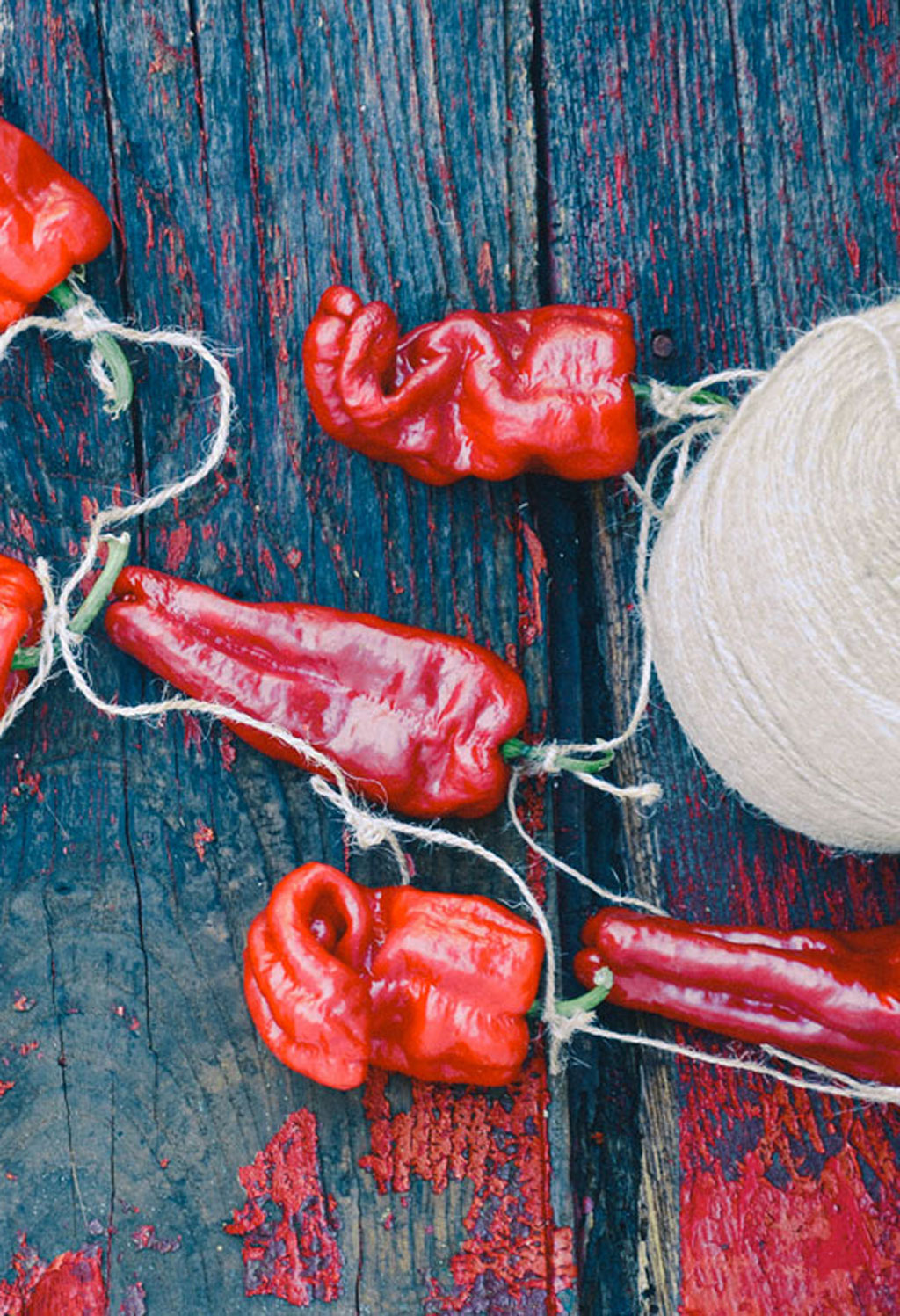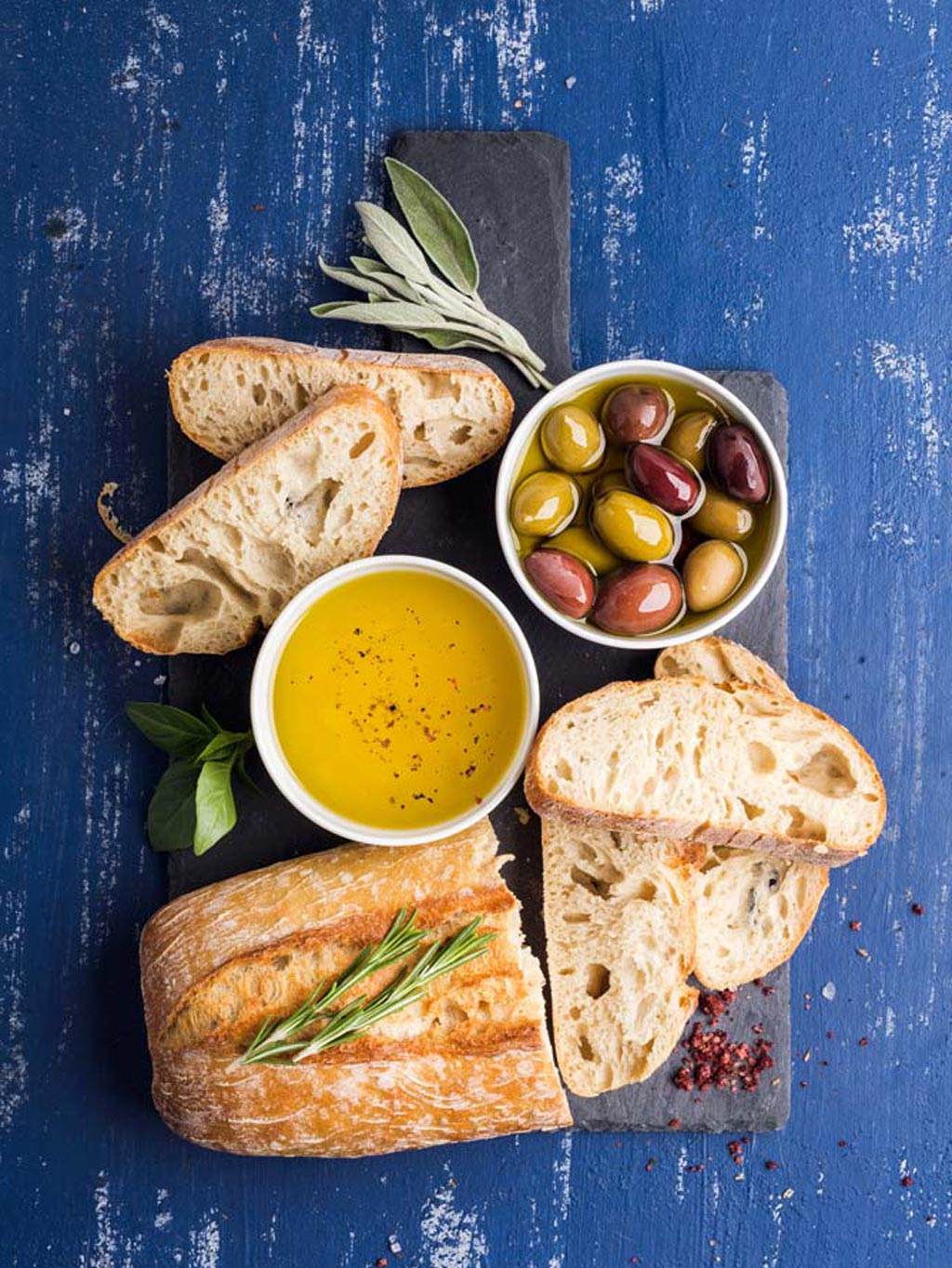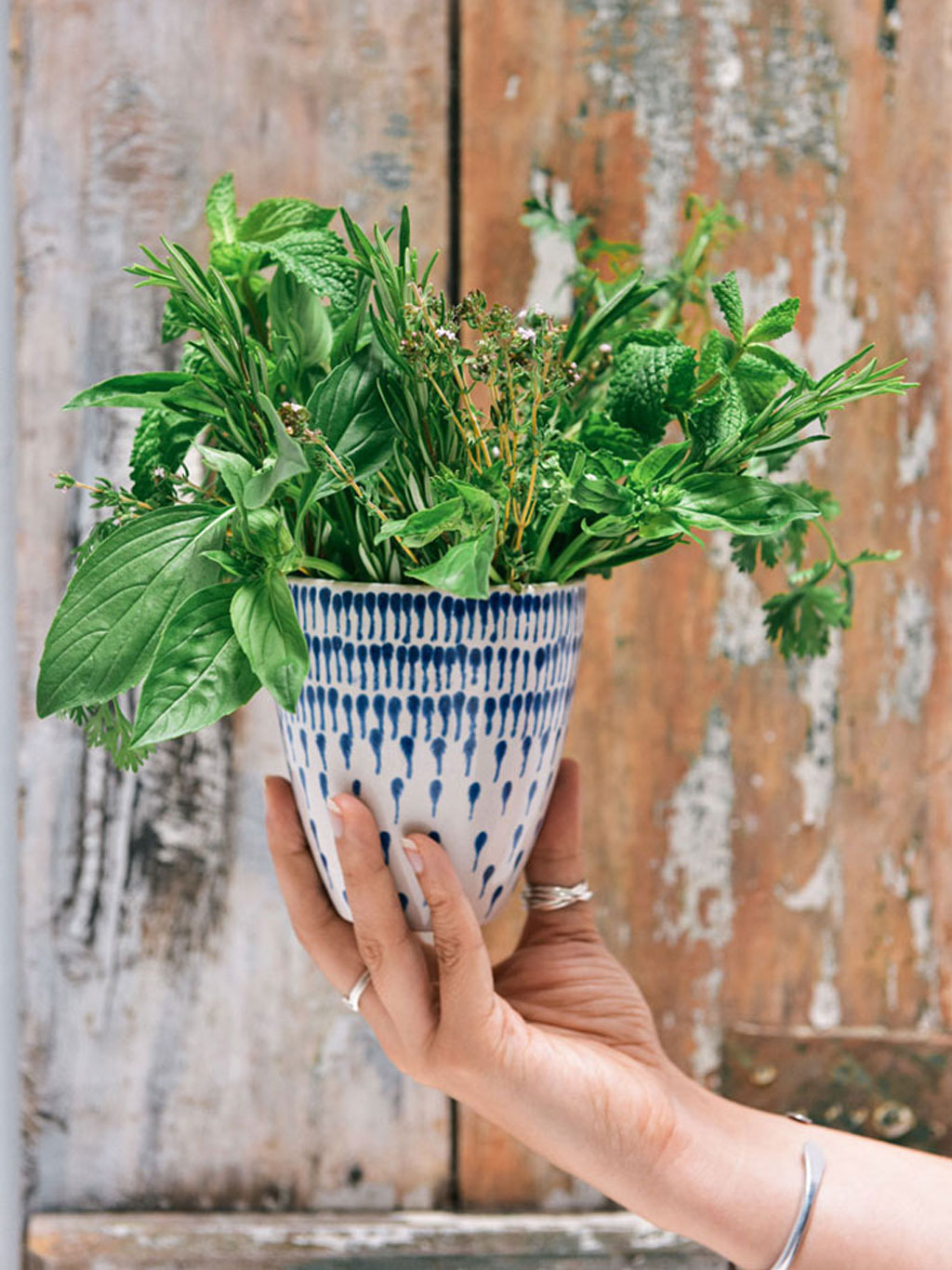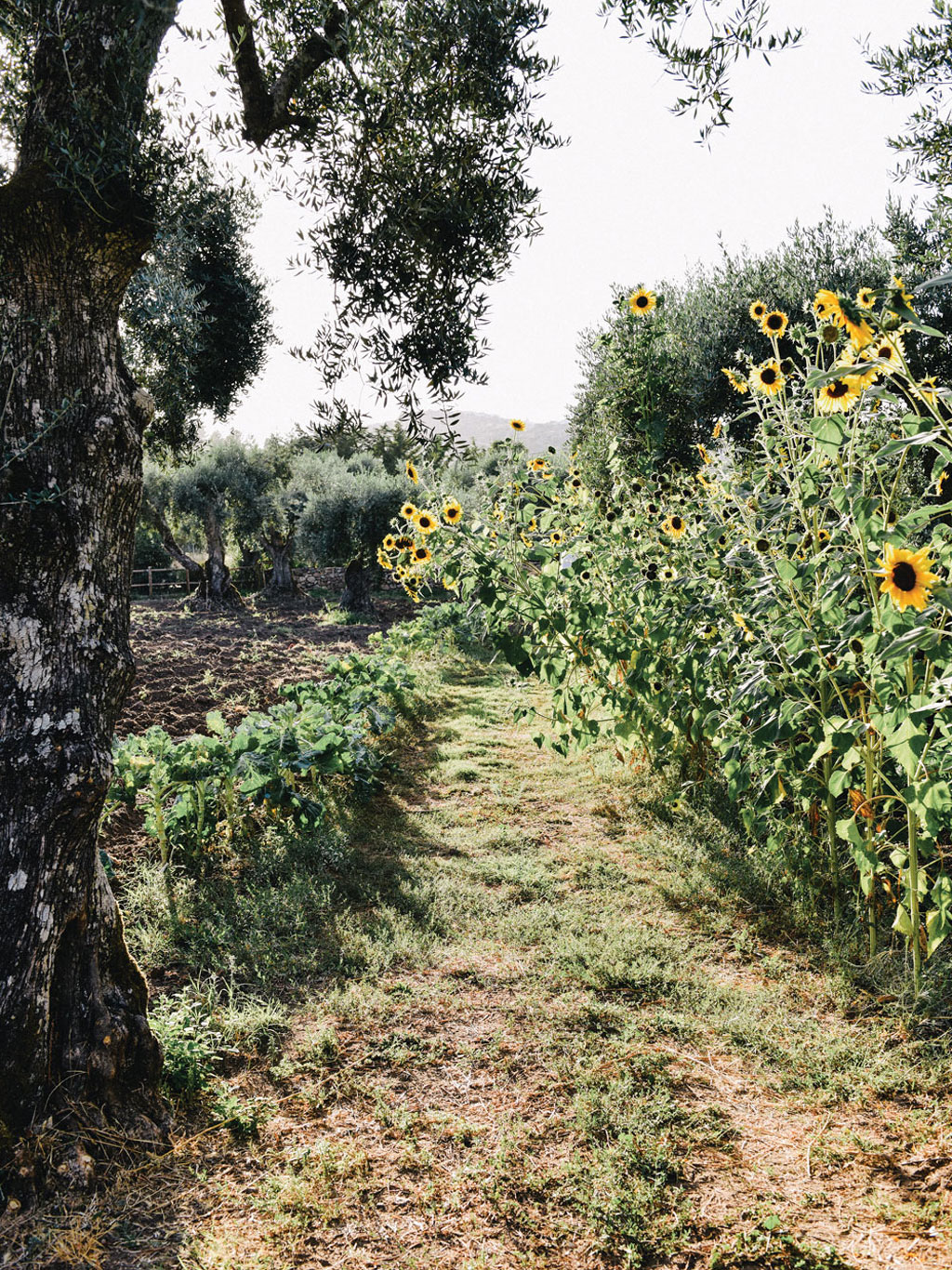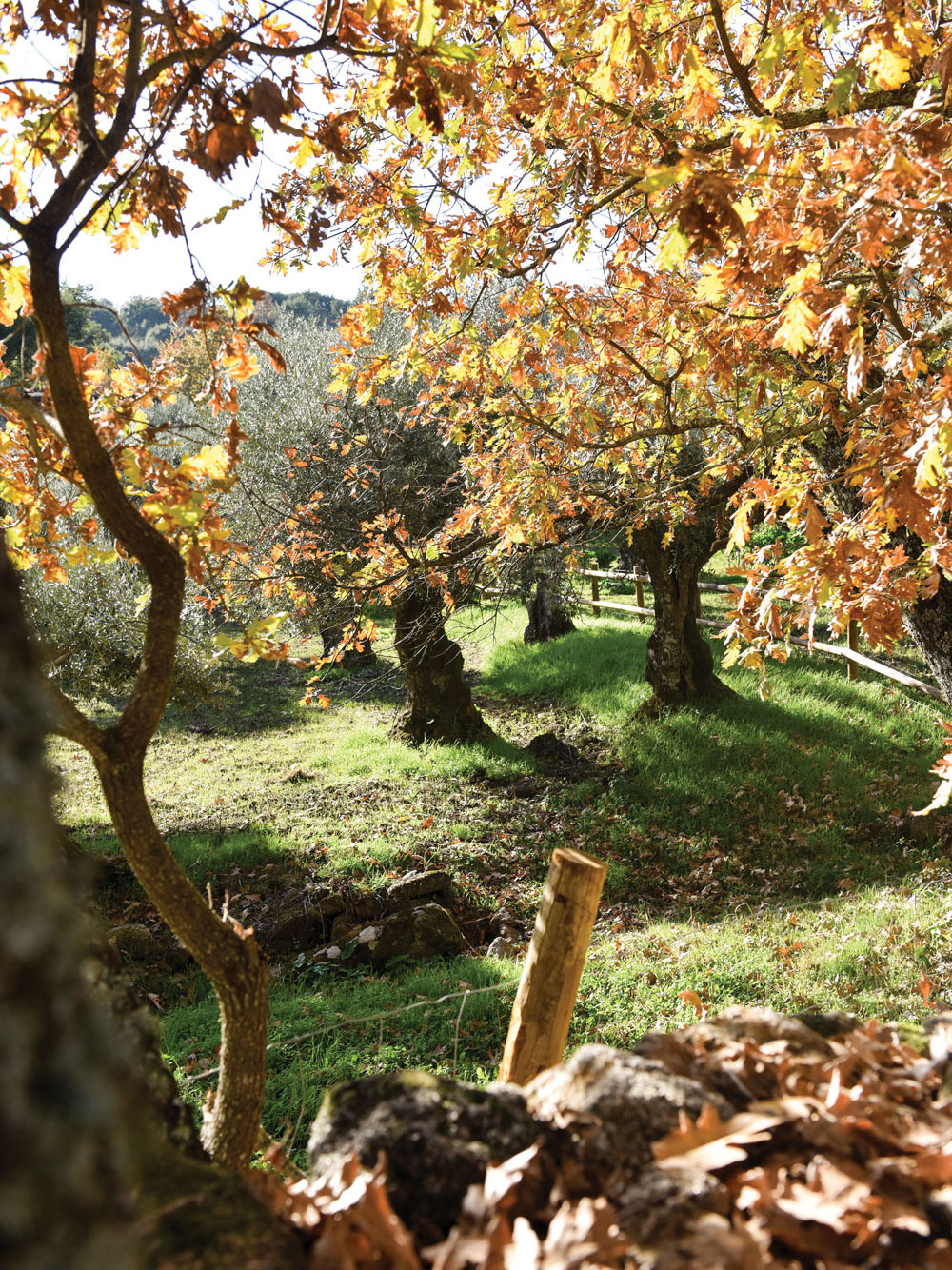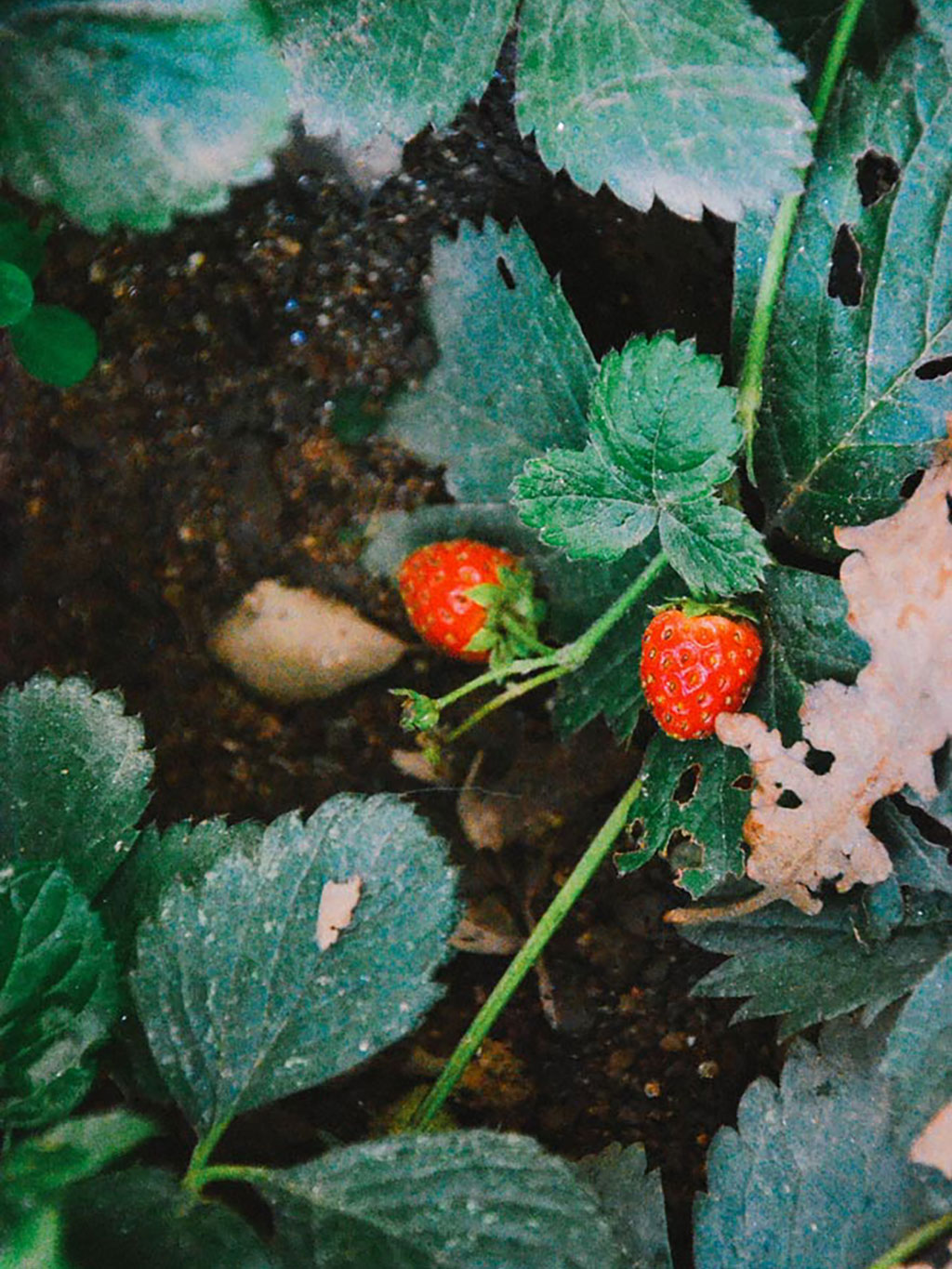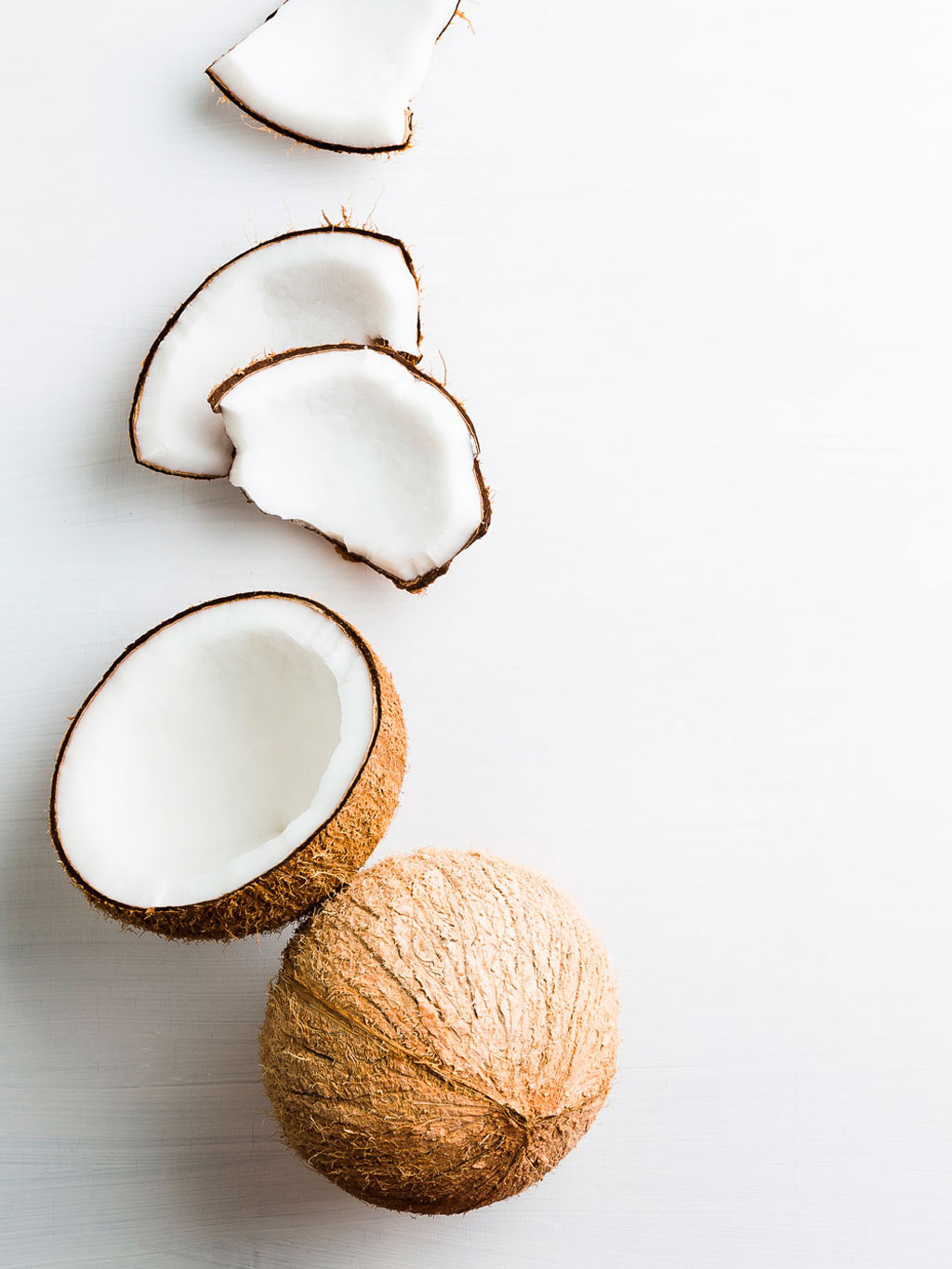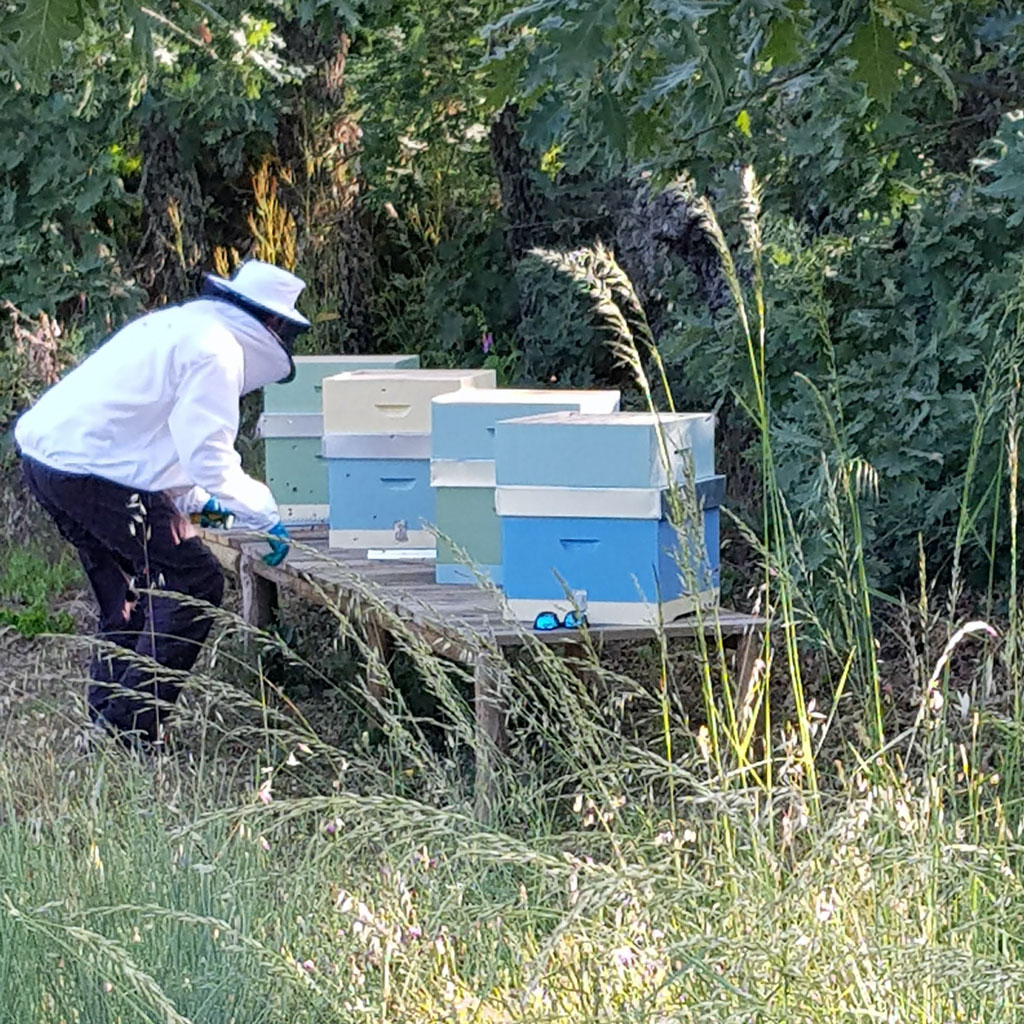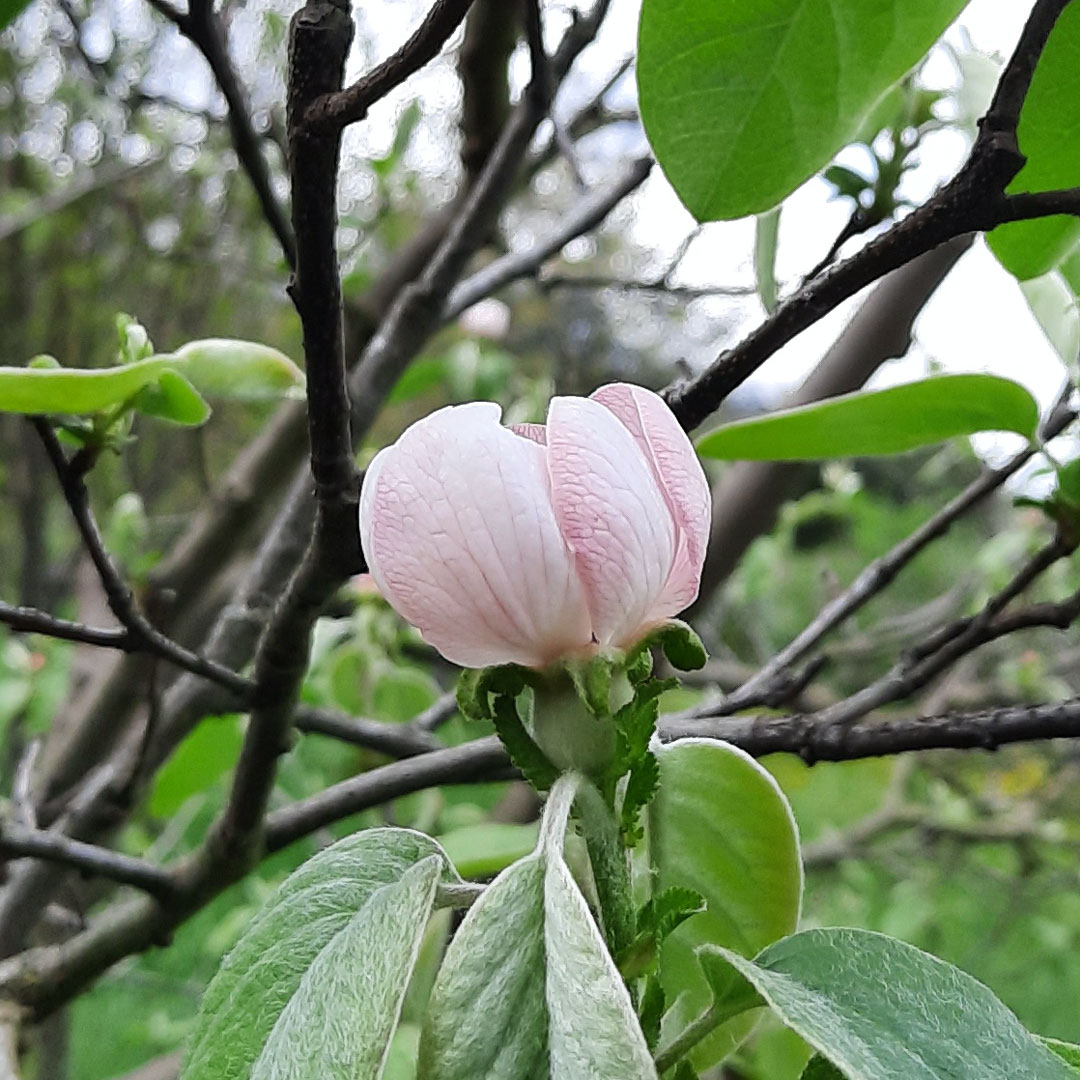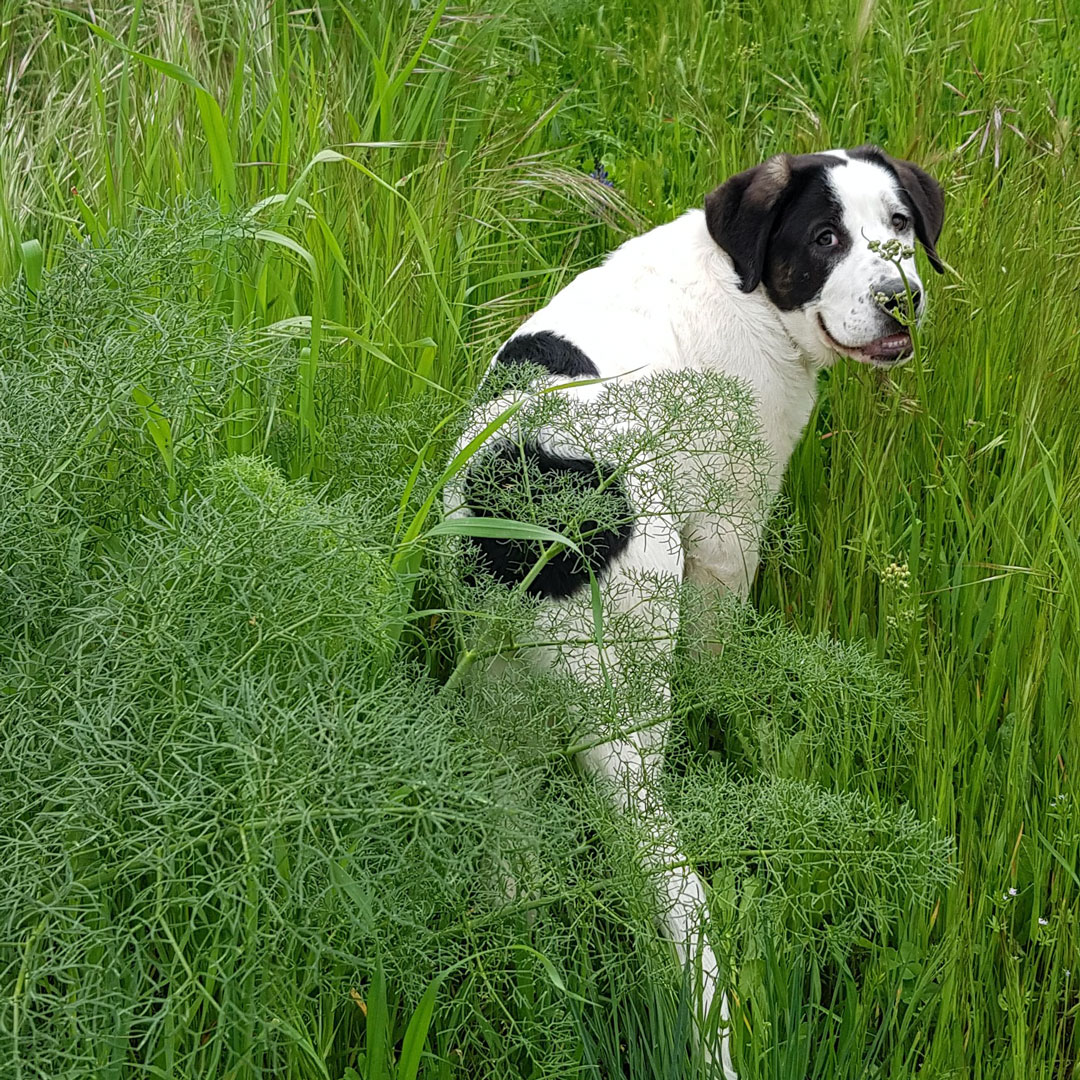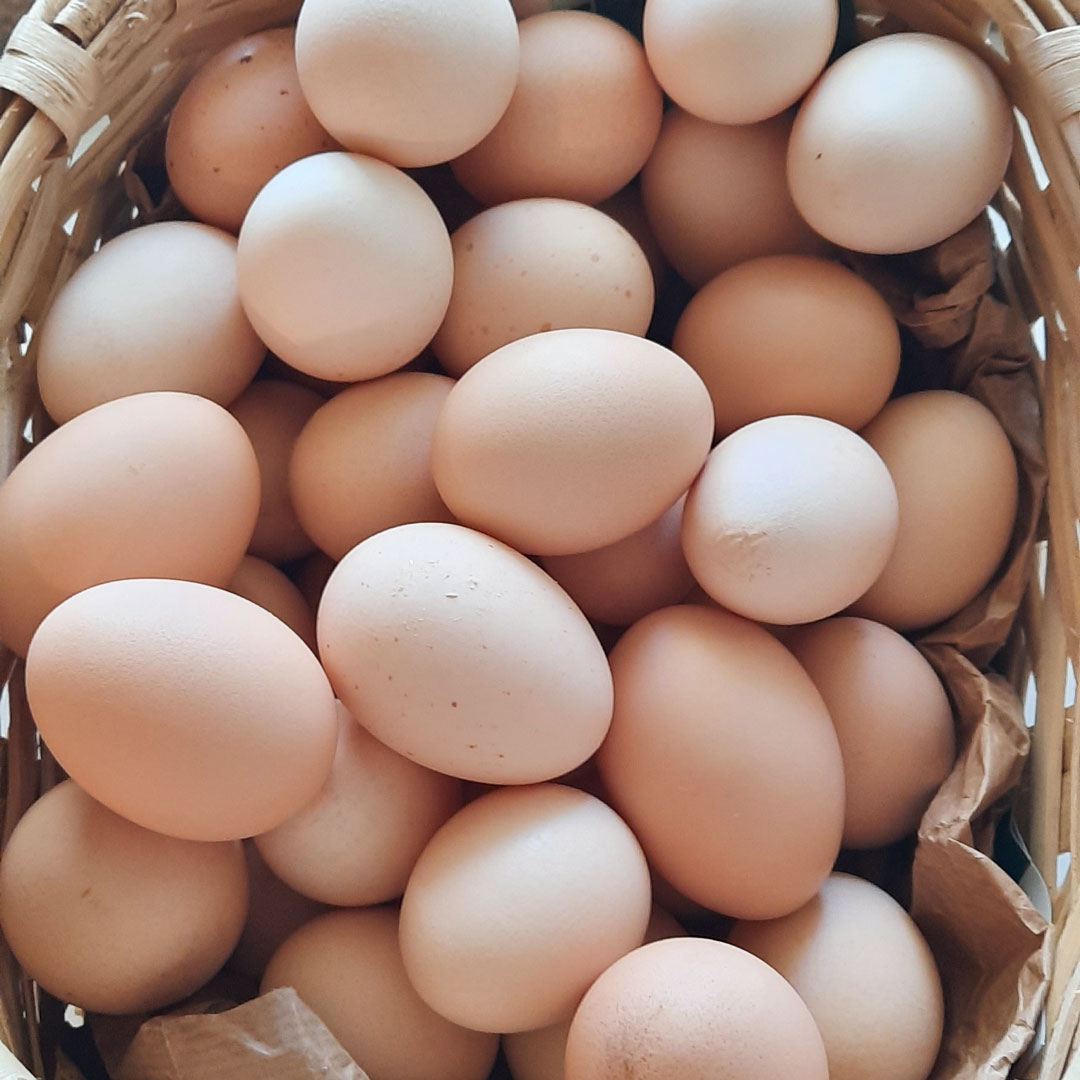Those of you who have had children must surely remember planting a bean in cotton wool and watching it grow. Do you recall how easy it was?
One of the new cooking trends is adding bean, chickpea or lentil sprouts to your salads. Not only are these pulses a powerful and concentrated source of vitamins and nutrients and therefore super healthy, but they also germinate almost anywhere and require no soil…
Germination
- Fill a 500 ml jar to ¼ with dry biological chickpeas (you could also try beans, peas, lentils… just make sure they are biological)
- Add twice the amount of water and cover the jar with a thin cloth, cheesecloth or cotton, holding it in place with a rubber band or piece of twine. Leave to set for 24 hours.
- Drain after 24 hours without removing the cloth.
- Select a tray in which to lie your jar at an angle. Under the open end of the jar place, 6 paper napkins folded in half to absorb excess water and, place a folded kitchen cloth under the back of the jar, to keep it at an angle for draining.
- Place the tray in a dark place.
- Leave to germinate for 36 hours. Let the stalks double or even treble in size; they will be tastier. Now you can add them to your favourite salads.
You can also germinate these pulses on a tray but we’ll talk about that on another occasion…
In this article
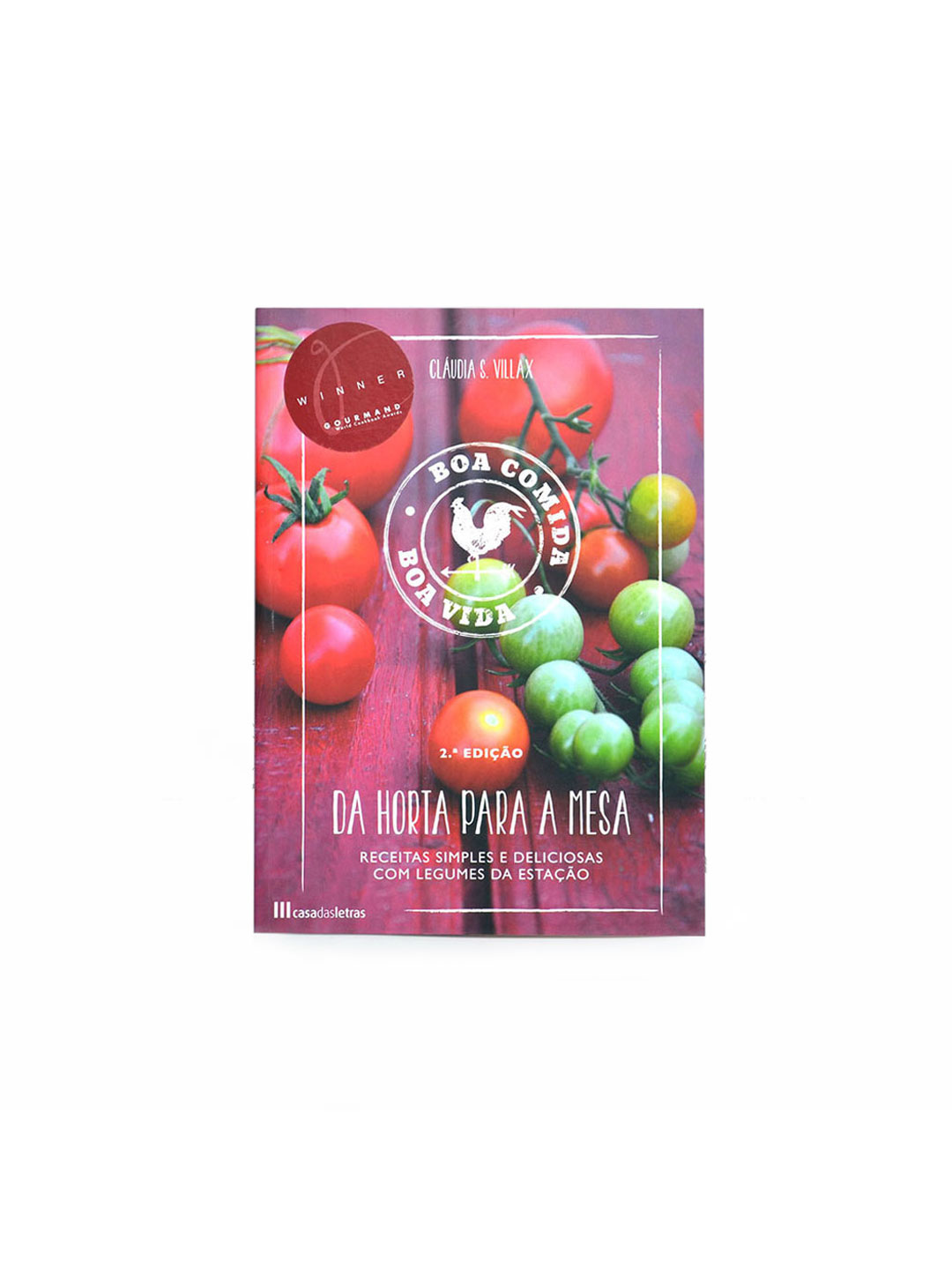
Livro Da Horta Para a Mesa
€26,50

